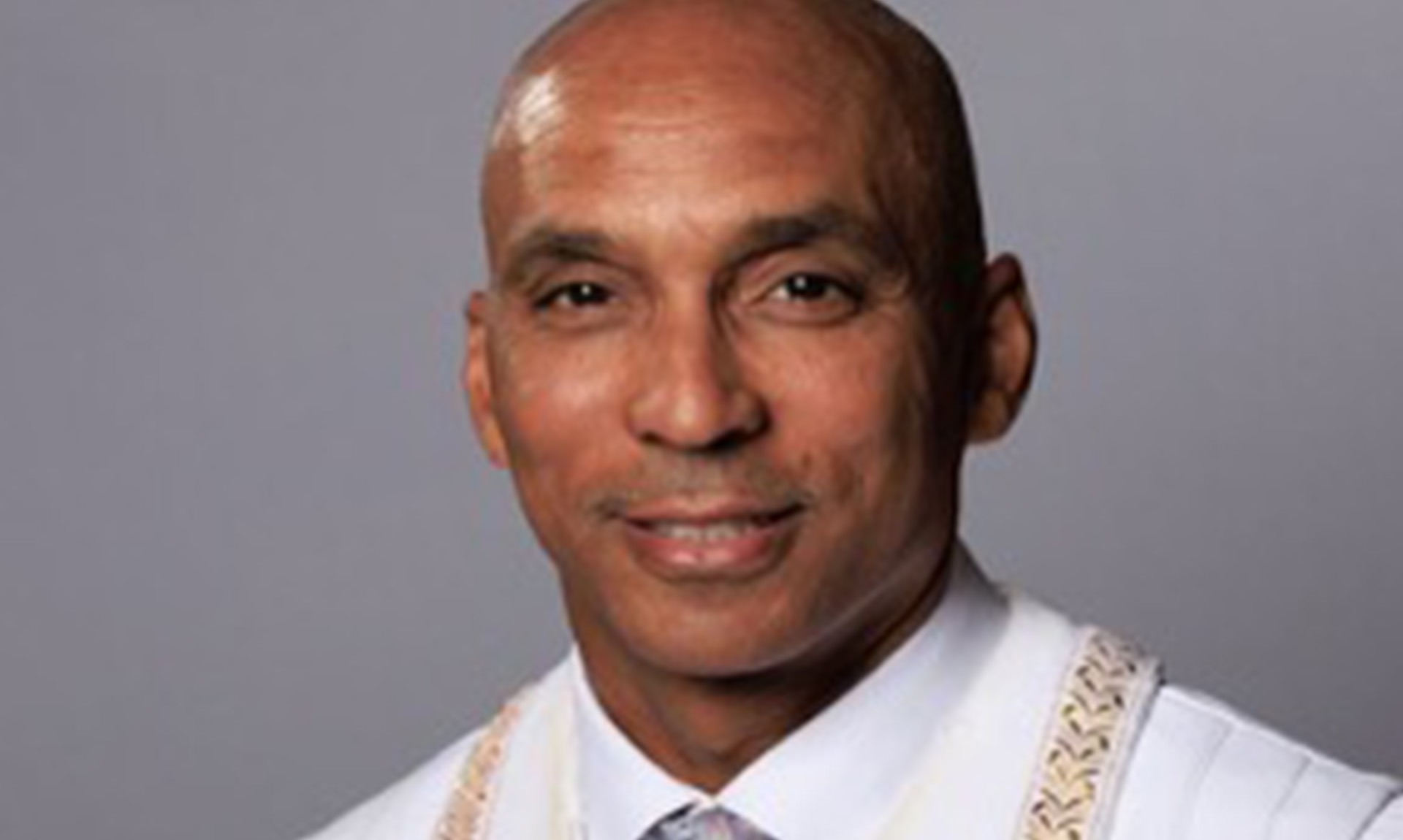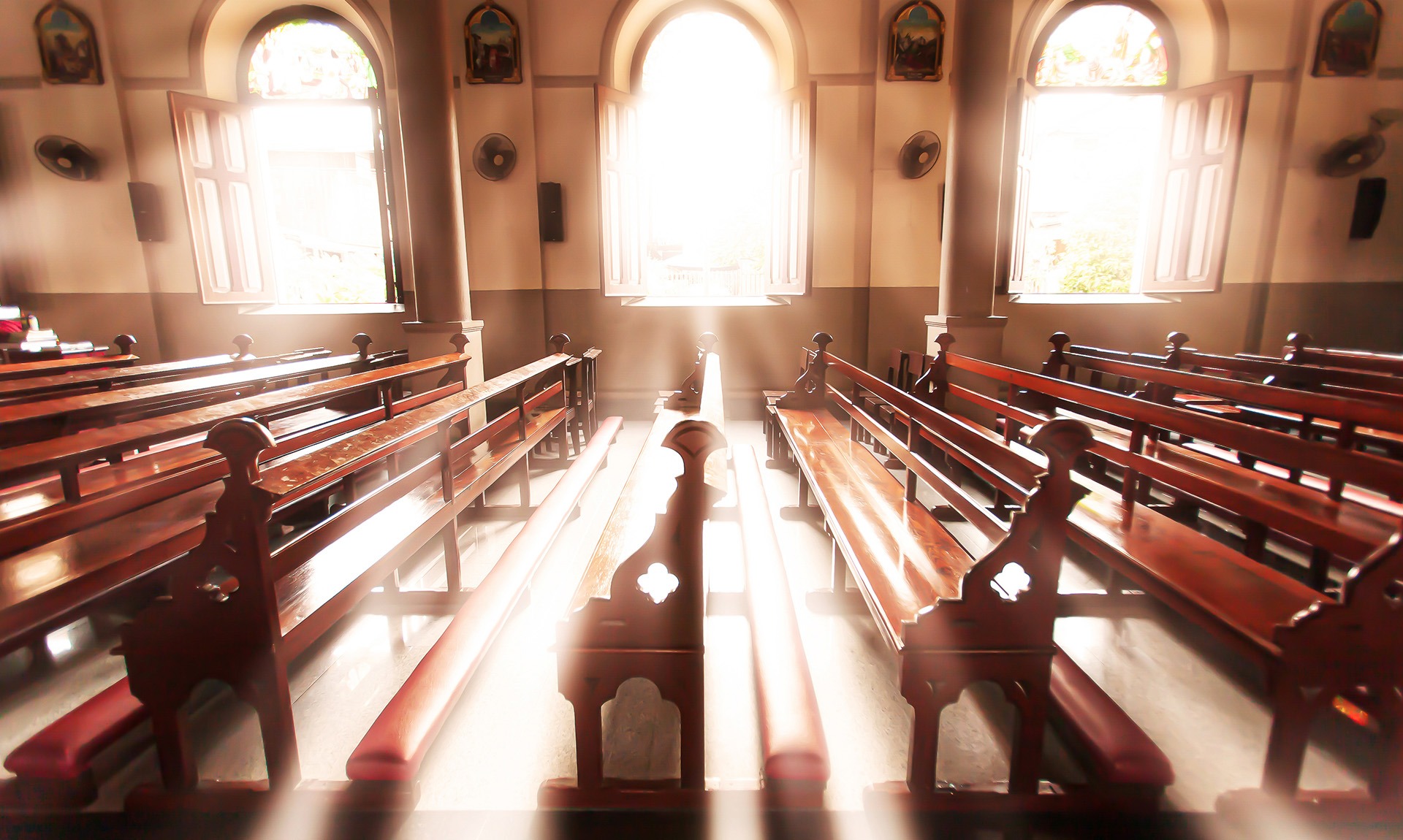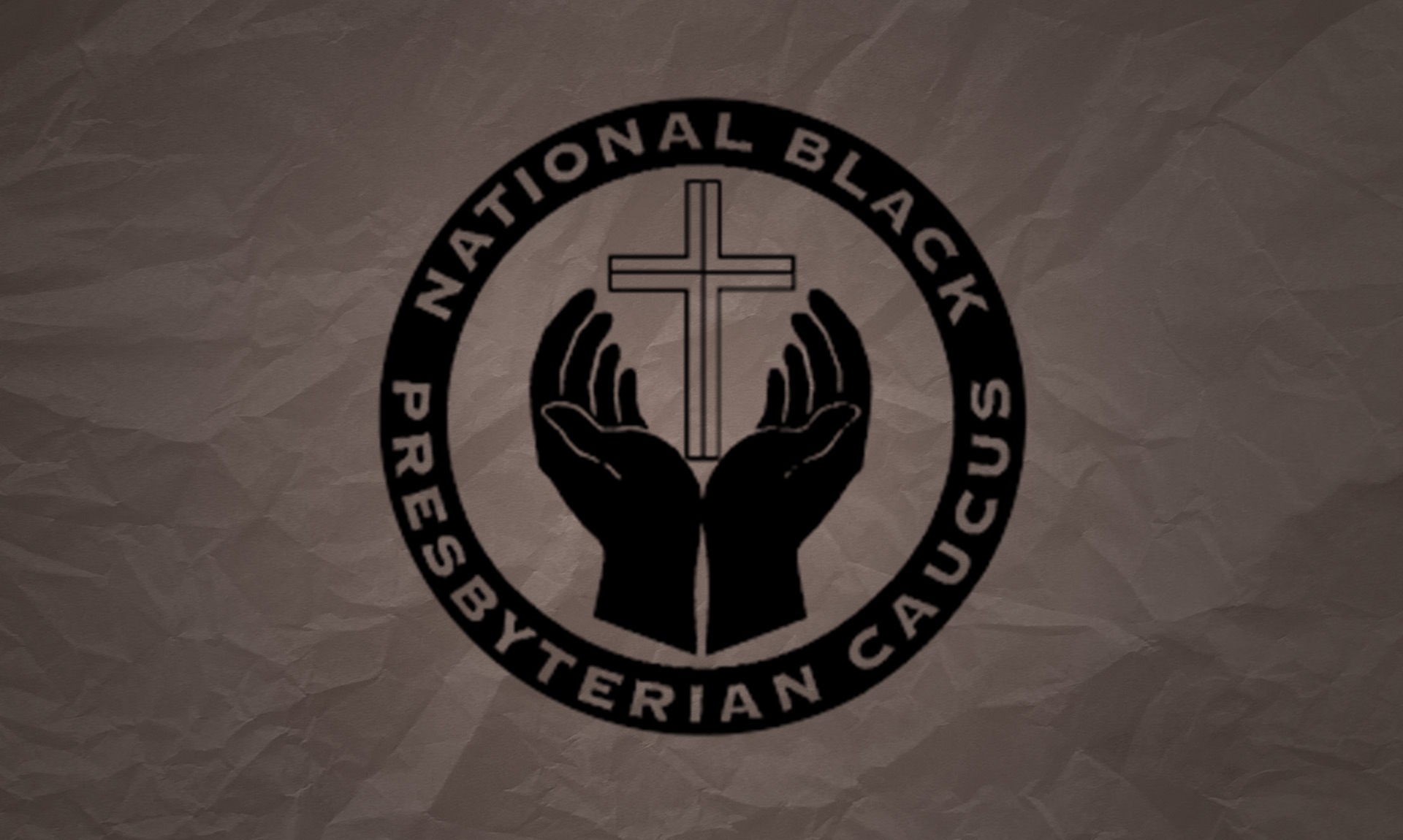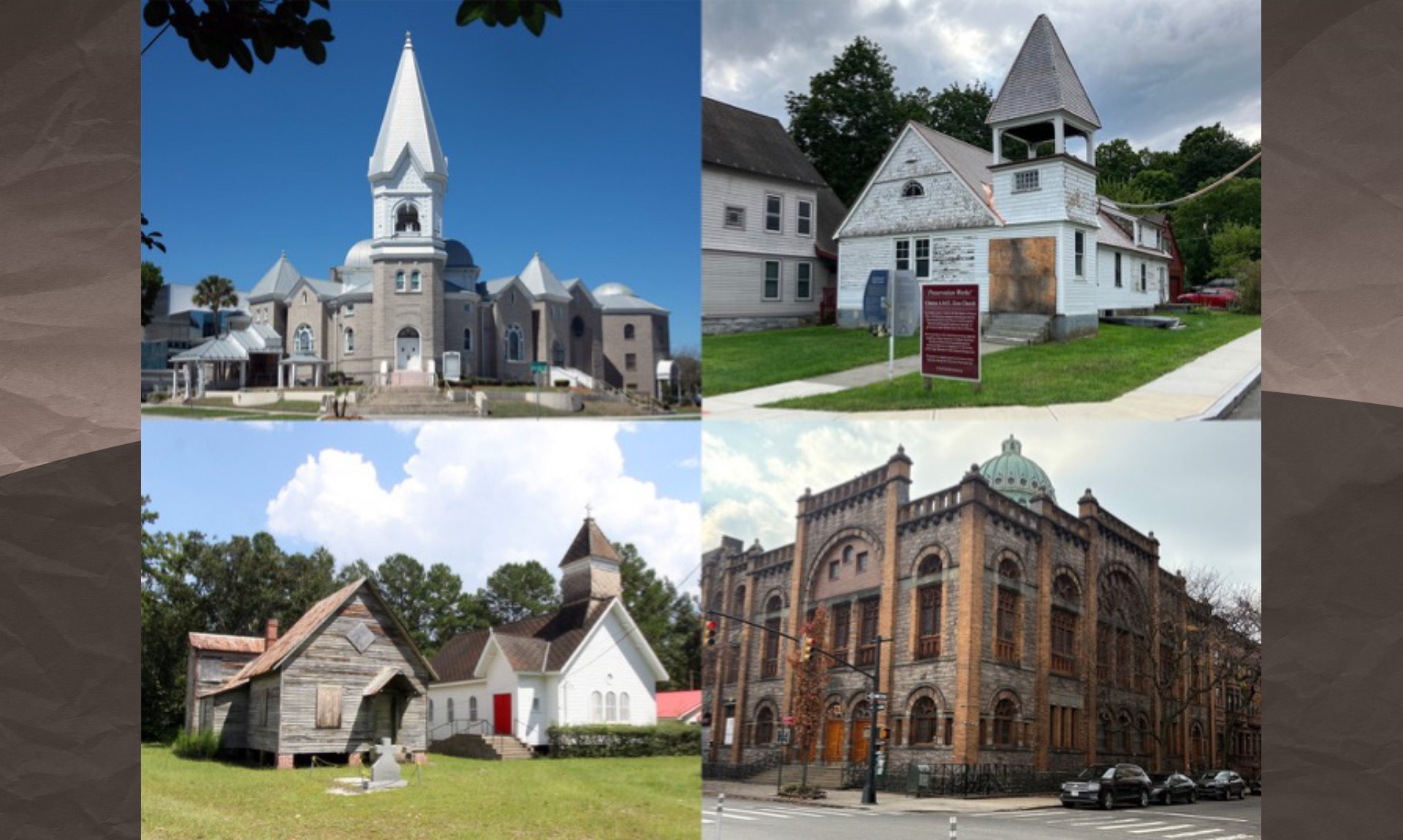Black Churches Strive to Reignite Youth Engagement Amid Shifting Generational Ties

Published: July 13, 2025
Black churches have been a staple of support for Black families throughout the decades. One important aspect of that support, which continues to evolve, are their programs and aids for youth. Those may include mentorships, scholarships, youth social events and more.
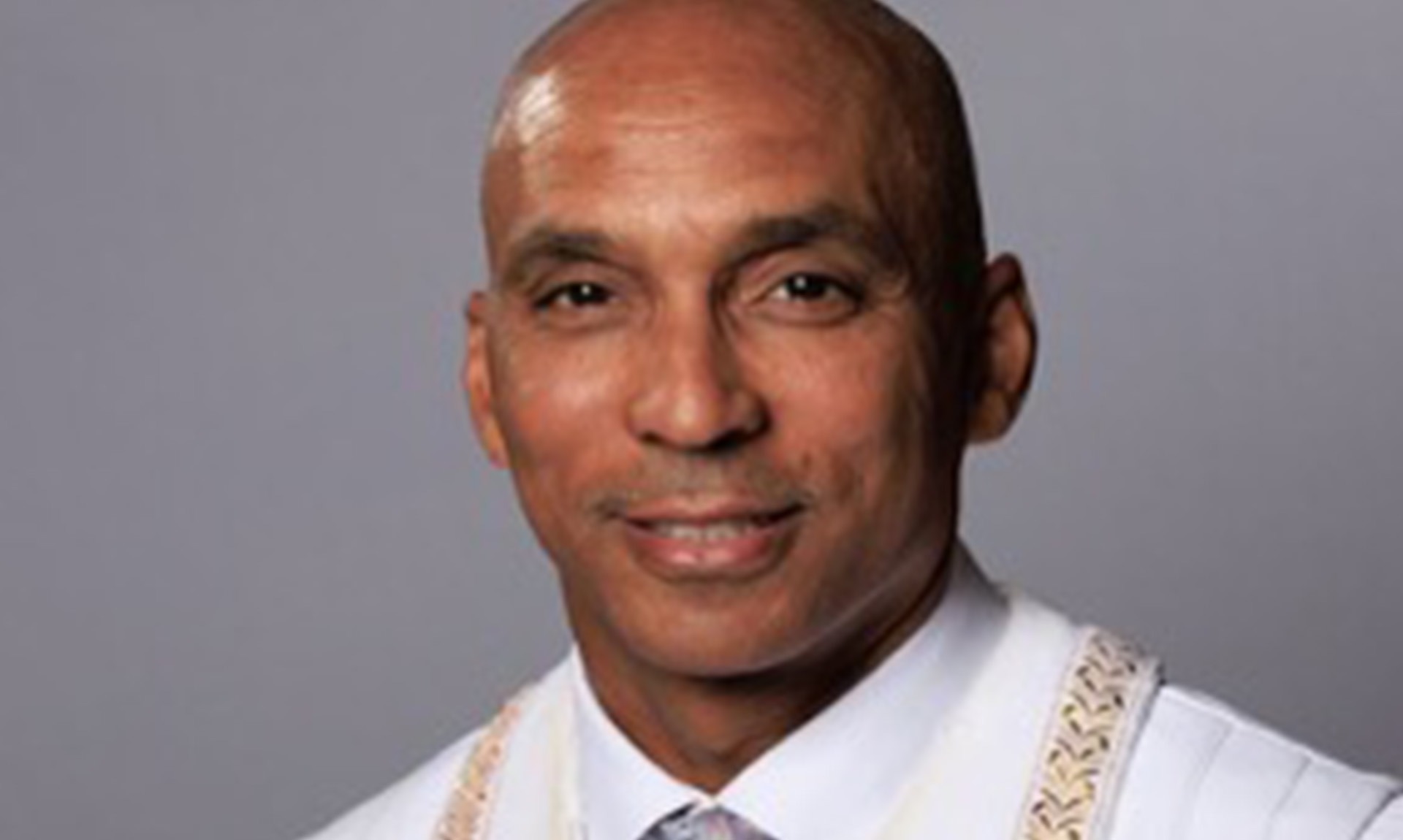
Rev. Brian Woolfolk, pastor of Mt. Zion Baptist Church, discusses the church’s vital role in supporting Black youth in Washington, D.C. Credit: Courtesy photo
“After slavery, the Black church opened over 2,000 schools for Black children,” said Nathaniel A. Turner, a speaker and consultant. “It started colleges like Wilberforce University, Morehouse College and Dillard University. It led marches, helped people vote, fed families and raised leaders. That kind of work built generations.”
Rev. Brian Woolfolk shared how his church, Mt. Zion Baptist Church, is currently working to support youth in Washington, D.C.
“Mt. Zion Baptist Church currently engages and empowers the young people within the congregation and the surrounding community through various activities such as the Annual Oratorical Program, the Annual Vacation Bible School, the Church Picnic, Sunday School and more,” said Woolfolk. “Mt. Zion also encourages its youth to assume leadership roles within the youth choirs, dance teams, junior ushers and youth-led services which provide hands-on leadership opportunities and allows growth and increases confidence in our youth.”
Woolfolk noted that several of Mt. Zion’s ministries were paused during the COVID-19 shutdown. However, with the minister now eight months into his pastoral role, those youth services are set to be reinstated.
Woolfolk said Mt. Zion youth programs incorporate spiritual development through Bible-based teaching and worship services, personal growth through mentorship and academic enrichment, and community involvement by engaging youth in hands-on service and outreach projects such as a backpack giveaway.
“This holistic framework ensures youth are nurtured spiritually, intellectually, physically and socially—equipping them to serve with purpose and thrive as leaders within both the church and the wider community,” he said.
Woolfolk acknowledged a noticeable decline in Millennial church attendance, compounded by the drop-off following COVID-19, and emphasized that the church must work harder to address these challenges.
According to Lifeway Research, an evangelical research firm, on average, American congregations continue to be at about 85 percent of their pre-pandemic attendance levels.
About three-in-10 Black Gen Zers, 28 percent, and Millennials, 33 percent, in a Pew Research survey identified themselves as religiously unaffiliated. Black Millennials and Gen Zers are found to be less likely to lean on prayer, less likely to have grown up in Black churches and to see religion as an important part of their lives.
Around 49 percent of Black Millennials said via the survey that they seldom or do not attend church, the most out of any generation.
“Many churches now use social media, YouTube, and podcasts to reach youth, who are digitally savvy,” said Woolfolk. “This helps bridge generational gaps but also requires adapting traditional messages for new platforms as a way to support our youth in these times of change.”
Turner claimed that churches are not as active or supportive of young people as they once were. Woolfolk disagreed, pointing back to what he believes is the real problem.
“I have observed that churches continue to offer support to our youth, however, our youth seem to have lost interest in the church,” said Woolfolk. “Gone are the days when the church was pivotal to family life in the Black community and parents would insist on bringing their children to church. Families are splintered today and the church has lost its importance in the Black community.”
This disengagement has tangible consequences, including an aging congregation and increased rates of Black youth getting into trouble in society and ending up within the judicial system.
For example, Black youth are nearly five times more likely to be locked up than White youth, according to the Equal Justice Initiative, a non-profit that is dedicated to ending mass incarceration.
“As the shepherd of Mt. Zion, I will continue to focus on embracing the youth and getting them back into church,” said Woolfolk. “I am currently working on ensuring these vital programs that attract the youth are in place so that when they arrive, Mt. Zion will be ready for them. We are in the process of reactivating these programs, and they are scheduled to come back online this fall.”
Source: AFRO News
news via inbox
Don’t miss a moment—subscribe now and be the first to know when new stories drop.

